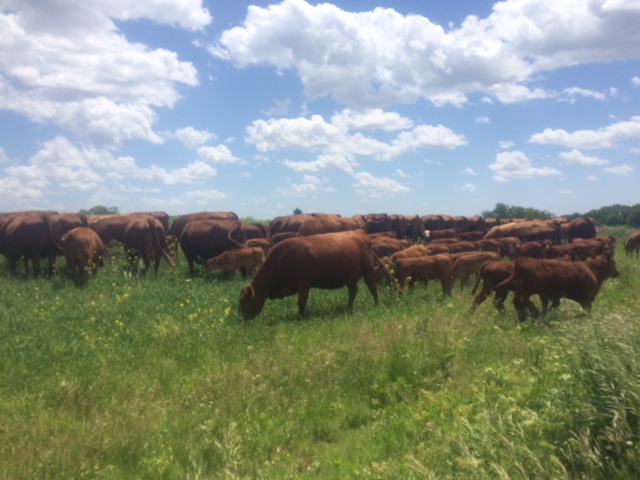
Unity and Peace
February 24, 2020
By Del Ficke 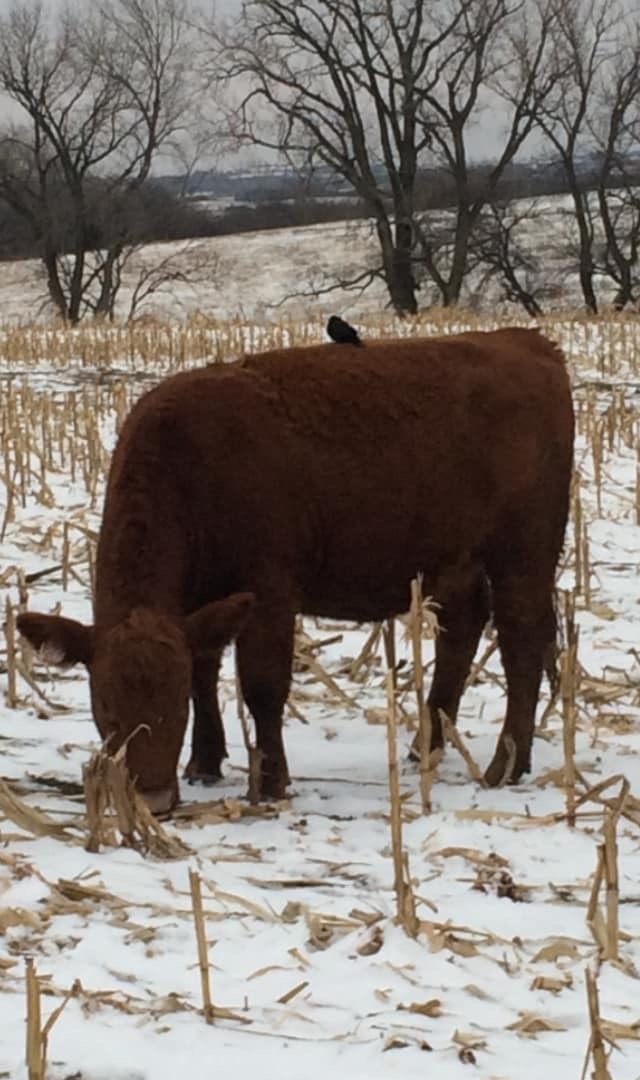 Nature seeks balance and peace. May we afford ourselves and others the same opportunity to strive for just that in the way each of us uniquely needs to do so. Nature seeks balance and peace. May we afford ourselves and others the same opportunity to strive for just that in the way each of us uniquely needs to do so. “Grass is the forgiveness of Nature – her constant benediction. It softens the rude outlines of the world. It invades the solitude of deserts, climbs the inaccessible slopes and pinnacles of mountains, and modifies the history, character and destiny of nations. It yields not fruit in earth or air, yet should its harvest fail for a single year, famine would depopulate the world.” Senator J.J. Ingalls of Kansas “Let us dedicate ourselves to what the Greeks wrote so many years ago: to tame the savageness of man and make gentle the life of this world. Let us dedicate ourselves to that and say a prayer for our country and for our people.” Bobby Kennedy |
| “On January 1, 2019 Cody Nelson began his SoilRX venture full time. I thought it was a good time to share his story with all of you. I admire Cody’s commonsense ability to relate to the farmers he serves each day. A New Year is a great time to try something new. Here’s to the possibilities and opportunities ahead.” Del Ficke Soil Health is about Helping Others By Kerry Hoffschneider 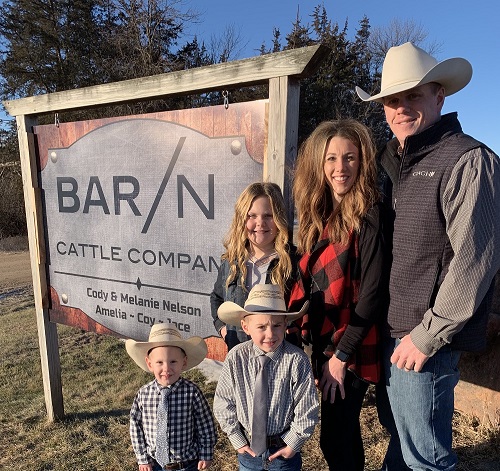 Cody Nelson’s dream of farming and ranching is being paved by his passion for helping others. That journey began when he was growing up on a small cow/calf operation in Central Minnesota. “We were not exactly in cow country when I was growing up surrounded by corn, soybeans and sugar beets. My dad had quit farming in the 1980s, but we kept a registered Shorthorn operation going and my mom and dad worked off the farm. I spent my years working for neighboring farmers and spent a lot of time on different operations – from row crops to dairies,” Nelson began. After high school, Nelson attended Kirkwood Community College in Cedar Rapids, Iowa where he earned a degree in Beef Production. After graduation, he managed a purebred Shorthorn operation in Clarion, Iowa for a couple years. Then he was offered a position with the American Shorthorn Association. It was this position that began to expand Nelson’s view of agriculture across the nation. He was also starting his own cow/calf operation in Renville, Minn. with two other partners. “We farmed about 800 acres and had around 300 cows,” Nelson said. “I had a partner focused on high-yields and I was focused more on profits. There would be arguments over issues like whether we should till the cornstalks or not. I was always looking at it that we were wasting feed if we tilled them. They were looking at it as they had always done it that way. That was before I understood the value of soil health.” In 2008, Nelson said they tried cover crops. The partnership would always grow oats and chop them for silage, “This made exceptional feed for growing cattle and the bulls performed very well on the oat silage. The first year we did cover crops was in early August. I was out with the drill and three neighbors stopped me and said, ‘You cannot plant anything in August. It won’t grow.’ A part of me agreed with them but I proved them wrong and myself when the oats and wheat got waist high. Then we brought a bunch of cows home and it rained about a week and they laid everything down flat. That was what would at first seem like my first big ‘failure’ in cover crops, but it was more a grazing management issue than a cover crop issue. Interestingly enough, that next year we experienced some of the greatest yields in our soybeans that we have ever seen.” “My neighbor, Grant Breitkreutz, introduced me to high-stock-density-grazing during this time. We added peas and turnips the second year. On the cover crop alone, we netted over $300 in comparison to feeding cows in a dry lot,” he said. “It’s about net profit-per-acre, not just high yields.” During this time, Nelson also met his wife Melanie (Mel) who was from Nebraska and the couple was married in 2010, “As the partnership grew, we also had a seed business, sold some chemicals, fertilizer, feed, bulls and other seed stock and had the cow/calf operation. The soil health was one of the key drivers for me. I wanted to answer the questions – ‘Why are the cows getting better with cover crops? Why are we getting bigger yields after cover crops?’ We were always told to allow the land to rest. But, I have learned that is not true. We need to heal it by growing plants on it as much as we can.” As Nelson continued to become increasingly passionate about net-profits and building soils, the partnership ended up splitting up and he continued with his cow/calf operation and served as a manager for both a national and local seed company. These positions only expanded his view of agriculture and soil health even more, “My soil health knowledge really picked up by working with and learning from farmers all over the country. I was able to visit areas like Pennsylvania that were years ahead of us and spent some time through the Mid-South helping some producers get things rolling and all the way through the entire Midwest.” “I would have never been able to learn what I learned had I not been in those situations,” Nelson went on. “One person cannot possibly learn that much on their own operation. You must spend time on other people’s farms and have those, ‘ah-ha’ moments. You end up with the opportunity to put everything together and help more people out and ultimately that is what I wanted to do.” All of that learning and connecting with other farmers and ranchers, led to Nelson putting the knowledge he had gained into a cover crop calculator, “I began using the cover crop calculator to work with farmers, identify resource concerns and to help set their operations up for success and prevent failures. I used the tool to save producers a lot of money as well. Then a farmer in Minnesota told me, ‘I think you have a business here helping people be more profitable.’” “During this time, I was out for supper with Mel one night and we were talking about the potential of a business name and she said, ‘How about SoilRX? You could be the soil doctor.’ I thought that sounded pretty cool and we went with it,” Nelson said. On January 1, 2019, Nelson began his SoilRX venture full time, “I simply want to help farmers look at all the good things that can happen with cover crops and a focus on soil health. Farmers and ranchers need to be asking themselves how they can start cutting inputs while maintaining and increasing yields and really focusing on net profit along with conservation. I also want to help absentee landowners find farmers who are incorporating these practices to save their farms.” Nelson said when it comes to focusing on soil health and cover crops specifically, livestock are able to give a big jump-start in the right direction, “The majority of the farmers I work with want to incorporate livestock. Many may be interested but do not have the time or are reaching an age when they want to find a young livestock producer to partner with. I have some people doing custom-grazing for other people. This improves the land and at the same time gives others an opportunity. We have others who simply give the opportunity to livestock producers, allowing them to graze the cover crops for free if they do all the fencing and management. That is a win-win because the livestock owner is benefitting from the grazing and the farmer is gaining the nutrients.” “I also do not want to turn people away who do not want to add livestock. There are ways to build soil without livestock too,” Nelson added. “Once you develop healthy soil, there are more than 2,000 pounds of living organisms in every acre. That is like having two cows inside every acre. Those ‘underground livestock’ need to be cared for too.” In addition to helping farmers and ranchers across Minnesota, Wisconsin, Iowa, South Dakota and North Dakota start their journeys with cover crops and other soil health practices, Nelson, Mel and their children Amelia (10), Coy (5) and Jace (3) also own and operate Bar N Cattle Company – a Shorthorn cow/calf operation, “We run about 70 cows here in the Minnesota River Bottom near Belview, Minn. and have completely changed our operation. We have gone to calving in sync with nature in May and June. We have also dramatically cut back our inputs. The cows are getting through the winter on less and poorer quality feed when they need to be fed. We graze early in the spring and go as late as possible in the fall and are grazing into the winter most often. We practice bale grazing when we do feed and that has been very successful to stimulate some of our pastures. We have also started to reopen oak timber areas and are turning them into oak savannas. Bale grazing in those areas also helps establish really good grass growth.” “We are definitely focused on efficient, maternally-oriented, small-framed cows that are easy fleshing and can survive with minimal inputs. We still vaccinate the calves. The cows are 100 percent grass fed. We grain feed some of the bulls we sell and give them some higher-quality forages. The replacement heifers are raised exactly like the cows with maybe a bit of higher-quality grass hay. By doing that, we have really watched these cows last longer. We are weeding out the non-breeders quicker. We also marketed meat directly for a time too but went away from that so I could have the time to go out and help more farmers and ranchers,” he said. Just as he was helping neighbors in his youth while also holding true to his own dreams of farming and ranching, Nelson has not strayed from his service-oriented approach to life and he has no plans to stop in the near-future either, “I really want to help others. We are all going to be in a better situation if everyone adapts to these soil health principles. It affects everyone. We need to improve water quality and the nutrient density of our food and through these practices we are going to see that happen.” “We used to tell everyone to stay out of the coffee shop,” Nelson said, adding adamantly. “But, I’ve flipped that script and told my guys to go to the coffee shop and tell them it is working. Those trying these improved practices need to tell their story. The fact that at one time in this soil health journey some of us were hiding what we were doing because we were worried what the neighbors would think, showed our doubt. Now we know there are things that work and that are successful. We need to show off these practices to everybody. We don’t have to start small anywhere anymore, the practices truly work and are profitable too.” Follow Cody Nelson at: https://www.facebook.com/soilrx.net/ https://www.facebook.com/iversonchristmastrees/ 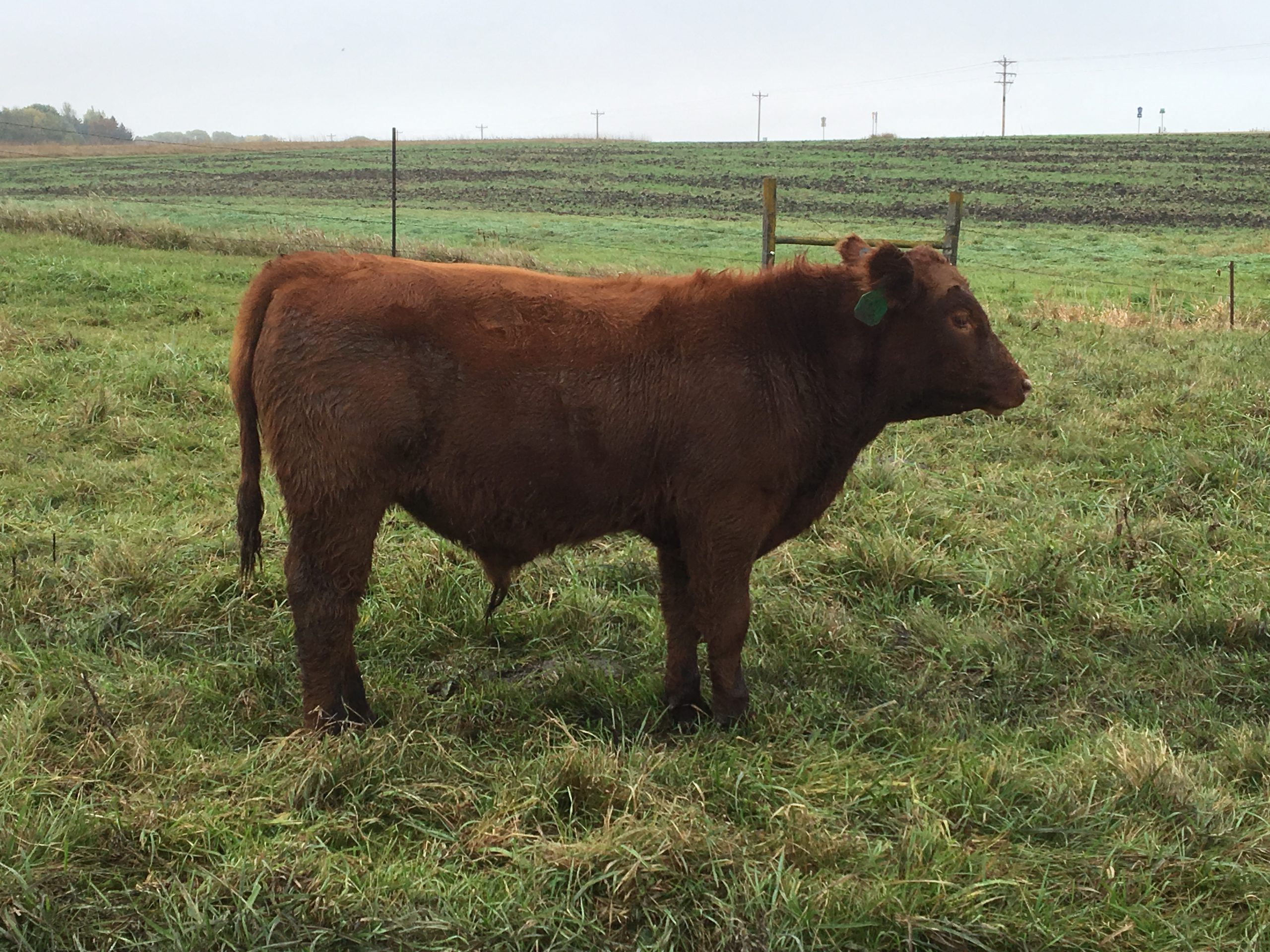  “Wishing peace, joy, and all the best this wonderful holiday has to offer. May this incredible time of giving and spending time with family bring joy that lasts throughout the year,” Kirk Peterson Phone: (402) 519-0330 kirkpeterson@woodburyfinancial.net Peterson Asset Protection Group https://www.petersonassetprotectiongroup.com/ 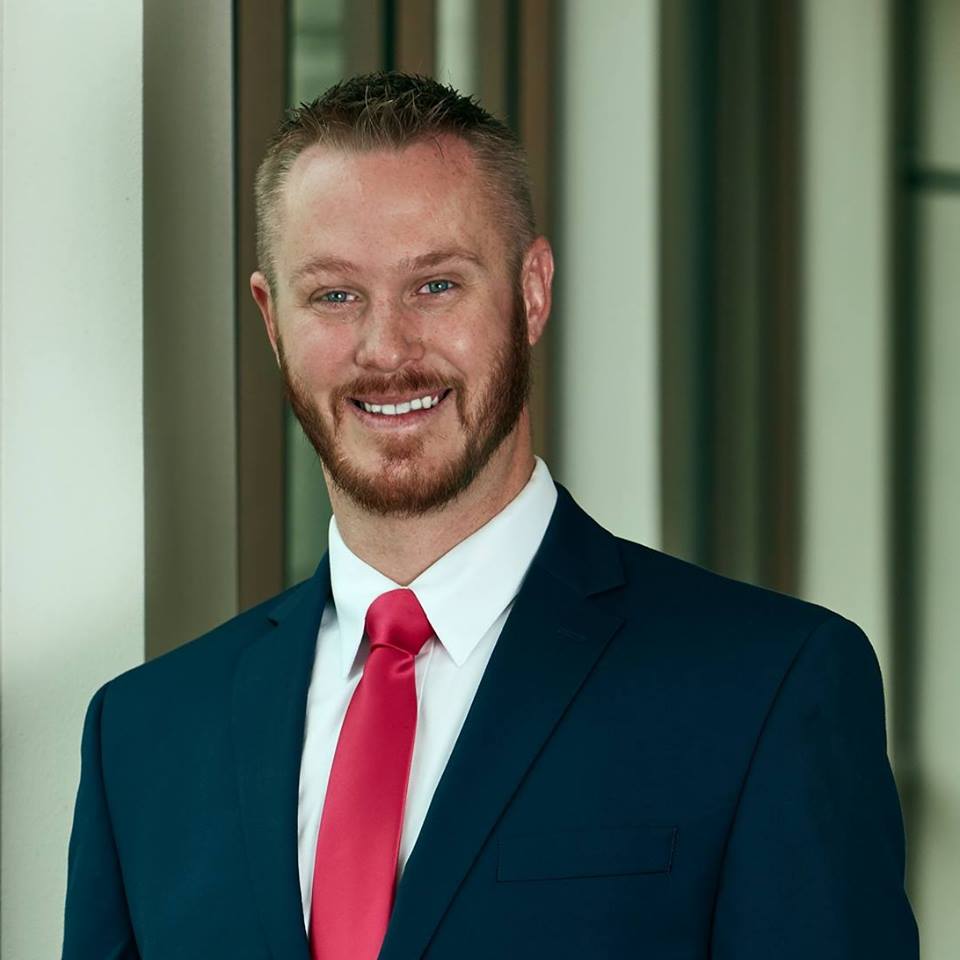 Indigo News 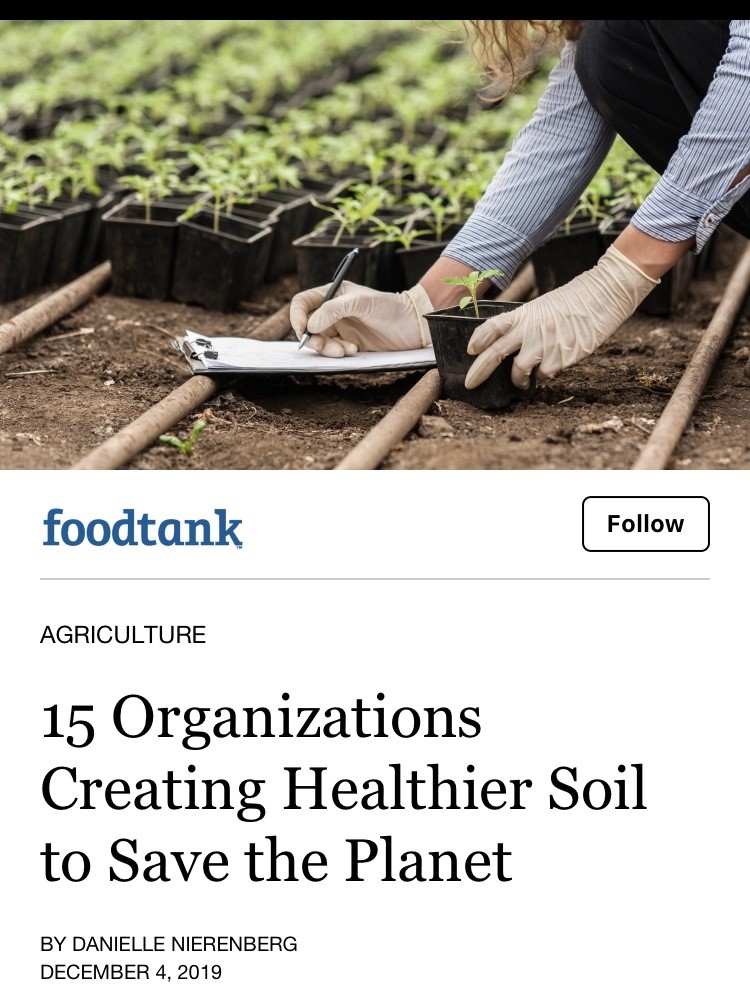 Read article by clicking on this link: https://foodtank.com/news/2019/12/15-organizations-creating-healthier-soil-to-save-the-planet/Contact Del Ficke, Indigo Regen Ag Specialist, if you have any questions about their company, its offerings and opportunities: 402-499-0329. Looking towards the future . . . Nate Belcher 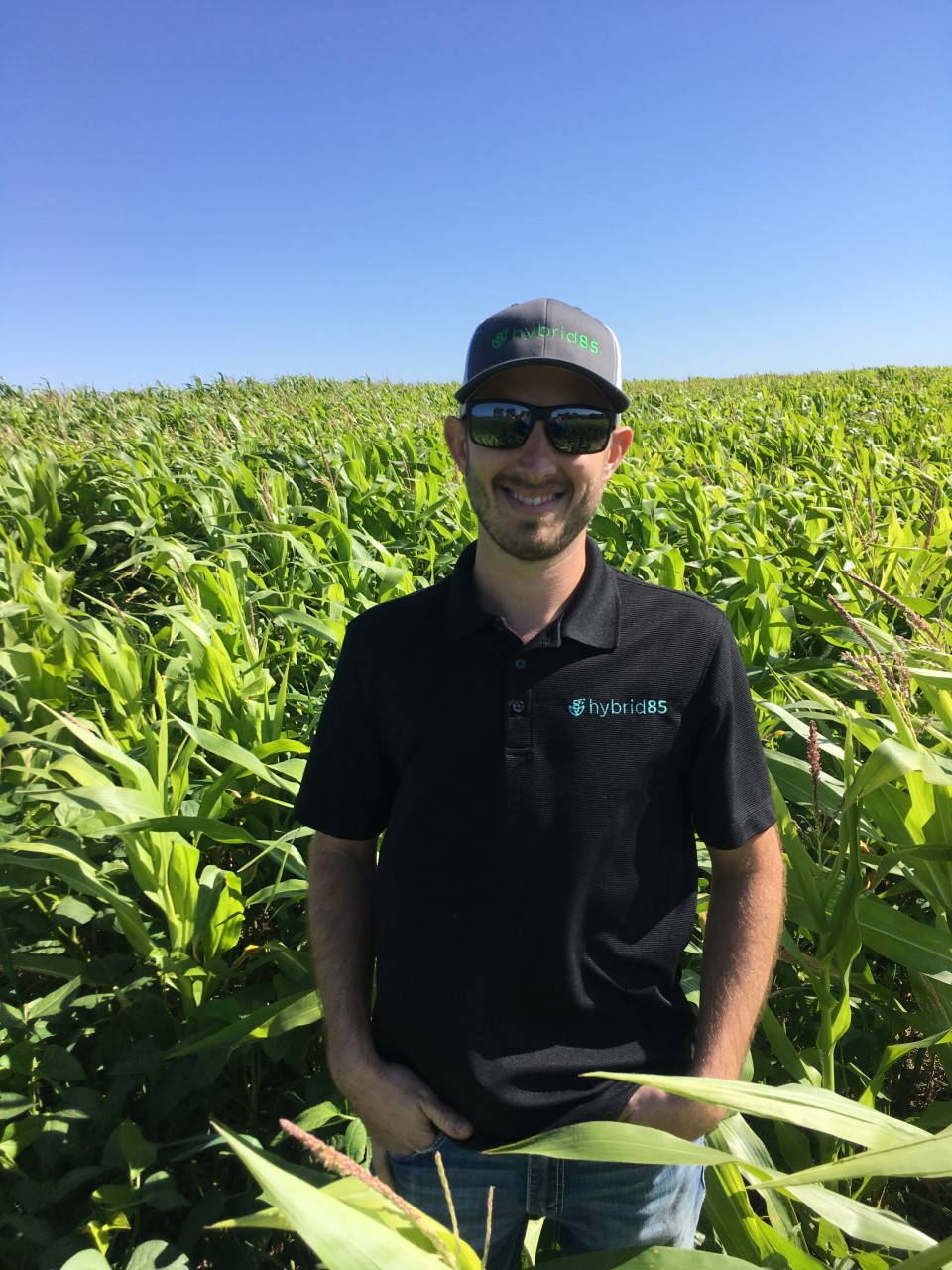 Take a minute this season to look back on 2019 and then quickly let it go . . . The past cannot be changed, but you do have control of what your future looks like! Point your eyes forward to what a new season has to offer and focus your eyes on the things that are truly important in your life. The end of year always reminds me how quickly time passes. Life is too precious to not spend it doing things you truly enjoy, with people that you sincerely love. We want to thank all of you for your continued support and your willingness to be open to new ideas and new ways of thinking. The future of ag looks extremely promising because of farmers and consumers such as yourself who want to see change in our food system. We can’t thank you enough for that! Wondering how 2020 could look different for you? Give us a call! Call Nate Belcher at: 402-580-0015 https://hybrid85.com/ https://covercropexchange.com/ A message from Anchor Meadow Farm . . .  Anchor Meadow Farm wants to send lots of love to all our family and friends. We wish you an adventurous and abundant New Year! Love, Matt, Emely and Annika Follow us at: https://www.facebook.com/Anchor-Meadow-Farm-245014352709769/ Call us at: (402) 613-5483  Here’s to a stronger universe in 2020. Starting with the soil and our hearts. |
